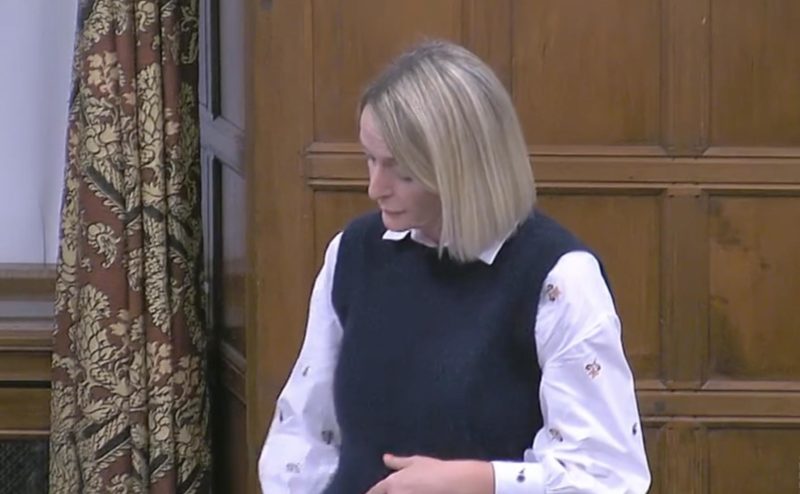Jessica Morden Jessica Morden - Labour MP for Newport East, PPS to Keir Starmer and Shadow Minister for Wales

In the last few weeks, I have met with a care company whose carers are from, and serve Newport East. They wanted to talk about how many care workers are struggling with the impact of the cost-of-living crisis – particularly the price of fuel, which they have to use to get to service users.
Domiciliary care workers collectively drive over four million miles every day to provide essential care for vulnerable people in communities across the country, and I heard about how excellent, professional and experienced carers are leaving the profession as they simply cannot afford the costs of working.
In Wales care workers have all paid the Real Living Wage – something brought in by the excellent Welsh Labour Government, and even they’re struggling. What must it be like for carers who aren’t paid as Welsh carers are?
Over the last week I have raised this issue twice – once in a Westminster Hall debate which you can see below, and again via a written question, where I asked:
What assessment he has made of the impact of increased fuel costs on (a) domiciliary care workers and (b) filling vacancies in that sector.
The answer I received from Gillian Keegan, Minister of State for Care and Mental Health was:
No specific assessment has been made. The vast majority of care workers are employed by private sector providers which set the terms and conditions independently of central Government. Local authorities work with care providers to determine fee rates, which should take account of employment costs based on local market conditions. We continue to work with the local government sector to understand the impact of emerging challenges on local authorities, such as rising fuel costs.
